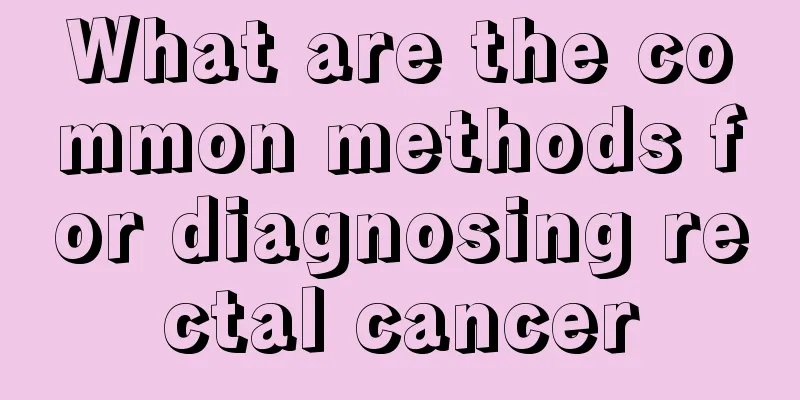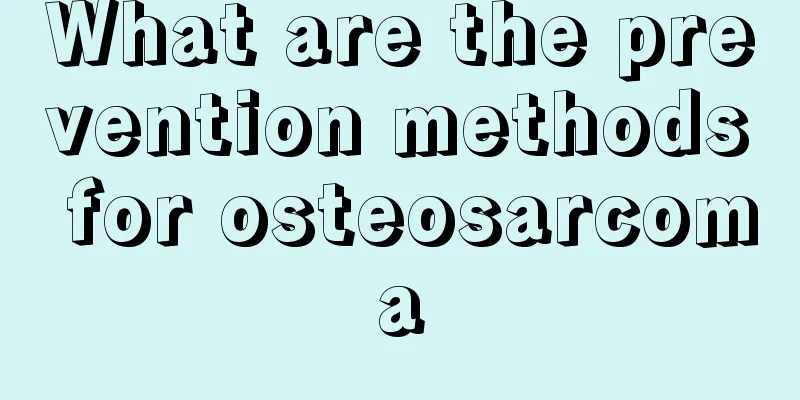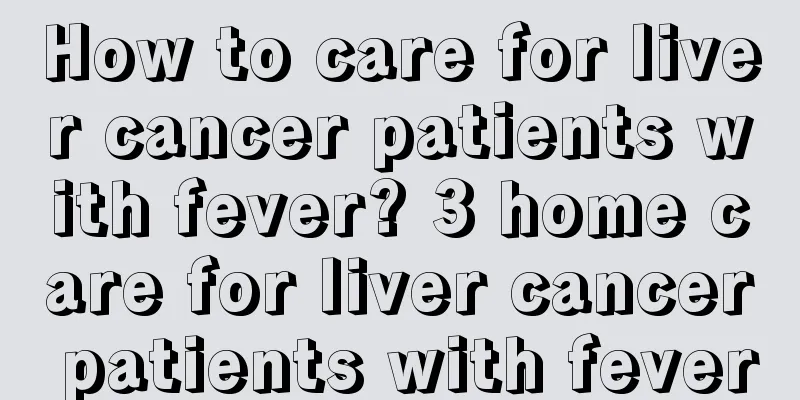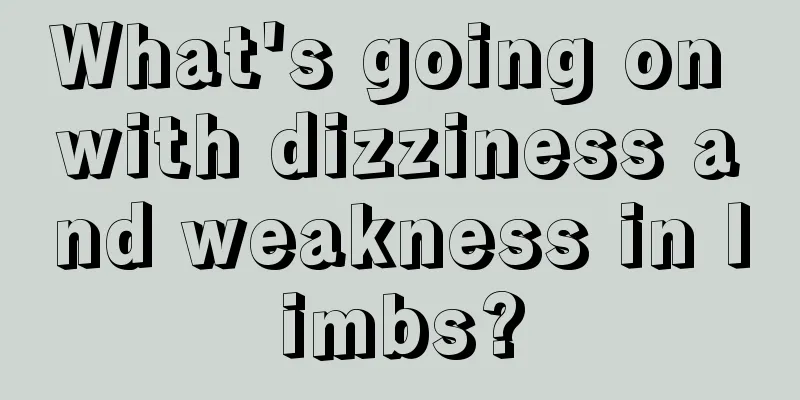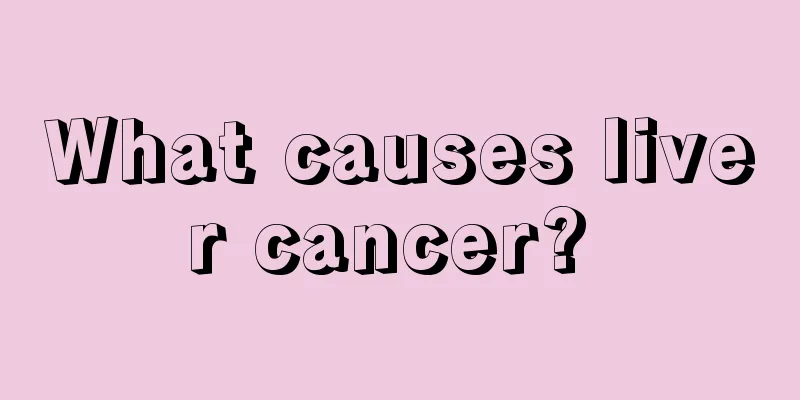Why does low blood pressure occur?

|
The condition of low blood pressure cannot be ignored. If we want to effectively treat and solve it, we must also understand the causes. Only by paying attention to understanding these causes can we improve the symptoms, especially when there is a lot of bleeding in a short period of time or severe trauma such as acute myocardial infarction, these may be the reasons. 1. Physiological hypotension It refers to a group of healthy people whose blood pressure measurements have reached the standard for low blood pressure, but who have no subjective symptoms. After long-term follow-up, except for low blood pressure, there are no abnormalities such as ischemia and hypoxia in various systems and organs of the human body, and their life span is not affected. 2. Pathological hypotension In addition to lowered blood pressure, it is often accompanied by symptoms of varying degrees and certain diseases. (1) Primary hypotension refers to a low blood pressure state without obvious cause, such as physiological hypotension (constitutional hypotension), which is more common in frail elderly people and women. (2) Secondary hypotension refers to low blood pressure caused by a disease of a certain organ or system in the human body. This type of hypotension can occur rapidly in a short period of time, such as a sharp drop in blood pressure caused by massive bleeding, acute myocardial infarction, severe trauma, infection, allergies, etc. In most cases, hypotension occurs slowly and may gradually worsen, such as hypotension secondary to severe pulmonary tuberculosis, malignant tumors, malnutrition, cachexia, etc. 3. Treatment 1. Treatment policy Treat the underlying disorder causing hypotension. Strengthen exercise to improve the regulatory function of nerves and blood vessels; pay attention to increasing blood volume through diet. 2. Other treatments For those with weak constitution, nutrition should be strengthened; for those with wasting diseases such as tuberculosis, treatment should be intensified; for those caused by drugs, the drugs can be discontinued or the dosage adjusted. If a hypertensive patient feels uncomfortable because his blood pressure drops too quickly after taking antihypertensive drugs, the medication method and dosage should be adjusted under the guidance of a doctor; for patients with orthostatic hypotension, be careful not to stand up too hard from a lying position, or use your hands to hold on to something to prevent falls due to low blood pressure. |
>>: How to treat cheilitis on lips?
Recommend
How to effectively have plastic surgery for a big face
Because of big faces, many people hope to choose ...
Can babies drink chrysanthemum tea?
Chrysanthemum tea is a very common tea and is als...
What are the symptoms of severe menopause?
Menopause is a stage in life that every woman nee...
Methods to turn white hair into black hair
Many people have this worry, they have white hair ...
What are the symptoms of gastric cancer brain metastasis? These three types of symptoms
When gastric cancer symptoms are severe, it can s...
Body organs have memory! Minor problems in the 6 major organs are prone to recurrence
Some experts pointed out that when adverse extern...
Are tampons hygienic?
Because tampons are a new product, many people ar...
What are the symptoms of pancreatic cancer in the late stage
If the early symptoms of pancreatic cancer are no...
What are the symptoms before death from nasopharyngeal cancer?
Many people will feel very painful and even die f...
Maintain good health habits and say goodbye to insomnia
Insomnia, can't fall asleep again, especially...
What are the symptoms of acid reflux esophagitis? These abnormalities require caution
The esophagus is an important organ in our body. ...
Are microwave ovens harmful to the human body?
Usually, many of our friends like to heat food in...
Can pregnant women eat apricots? The nutritional value is so rich
Apricots are extremely rich in nutritional value,...
Moxibustion replenishes qi and blood
It is very good for female friends to perform mox...
How serious are the dangers of thyroid cancer
How serious are the hazards of thyroid cancer? Th...



